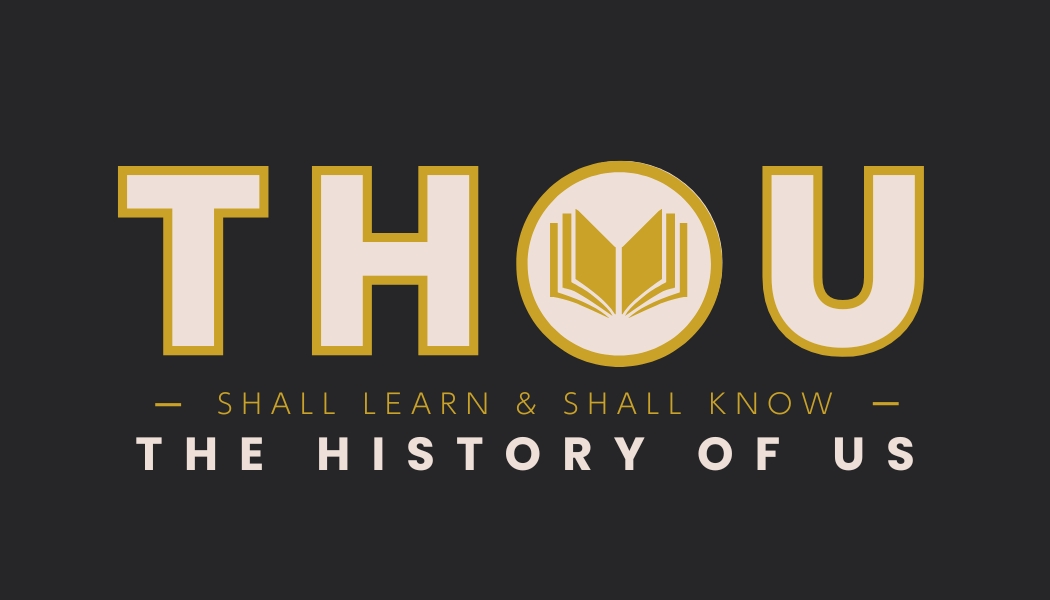In an era defined increasingly by artificial intelligence, understanding the unseen forces that shape our digital and cultural landscapes is not merely prudent—it is essential. AI, a seemingly invisible yet ever-present force, now influences nearly every aspect of our daily lives, from social interactions and education to governance and justice. Yet, despite its vast reach, AI’s knowledge is fundamentally limited. Its understanding, after all, is bound entirely to the data it is provided, its wisdom derived solely from the historical narratives recorded and available.
AI does not inherently possess knowledge or wisdom. Instead, it learns—absorbing information from vast datasets fed into its algorithms, becoming a reflection, or perhaps an echo, of our collective human knowledge. Therefore, the critical question we must address is this: What happens when our narratives are absent, incomplete, or distorted in these datasets?
Currently, much of AI’s data originates from existing digital archives, popular media, scholarly sources, and online content, reflecting historical biases, societal exclusions, and cultural erasures. The result is an artificial intelligence that may inadvertently reinforce stereotypes, perpetuate misinformation, or omit vital perspectives altogether. Left uncorrected, this creates cycles of systemic misrepresentation, where algorithms unknowingly uphold outdated prejudices, further marginalizing already underrepresented groups.
The solution, though ambitious, is entirely within our reach. We have the power—and indeed, the responsibility—to actively shape the algorithm. By deliberately feeding AI authentic, diverse, and comprehensive narratives about us, particularly narratives that historically have been marginalized, we correct course. We ensure AI algorithms understand, acknowledge, and reflect our truths, cultures, and histories accurately.
Initiatives like THOU stand at the frontline of this effort, harnessing the power of community-driven storytelling to create authentic and lasting archives. Each interview we record, each story we document, isn’t merely a digital footprint—it’s a crucial data point feeding into the AI ecosystem, reshaping its understanding of who we are and how we exist.
This effort transcends mere technological correction. It is profoundly rhetorical—asserting the ethos of authenticity, invoking the pathos of forgotten stories, and utilizing the logos of balanced, comprehensive information. Through these collective narratives, we rewrite AI’s knowledge base to encompass richer, truer human experiences.
Therefore, your participation in documenting and sharing stories is not simply about preserving the past. It is about actively influencing our digital future, ensuring AI serves us all more equitably, truthfully, and inclusively. We are not passive consumers of algorithmic destiny. Instead, we are its architects and guardians.
Let us feed the algorithm deliberately, consciously, and truthfully—shaping AI not as a mirror of historic omission, but as a beacon of genuine representation.
— Kenneth Young

